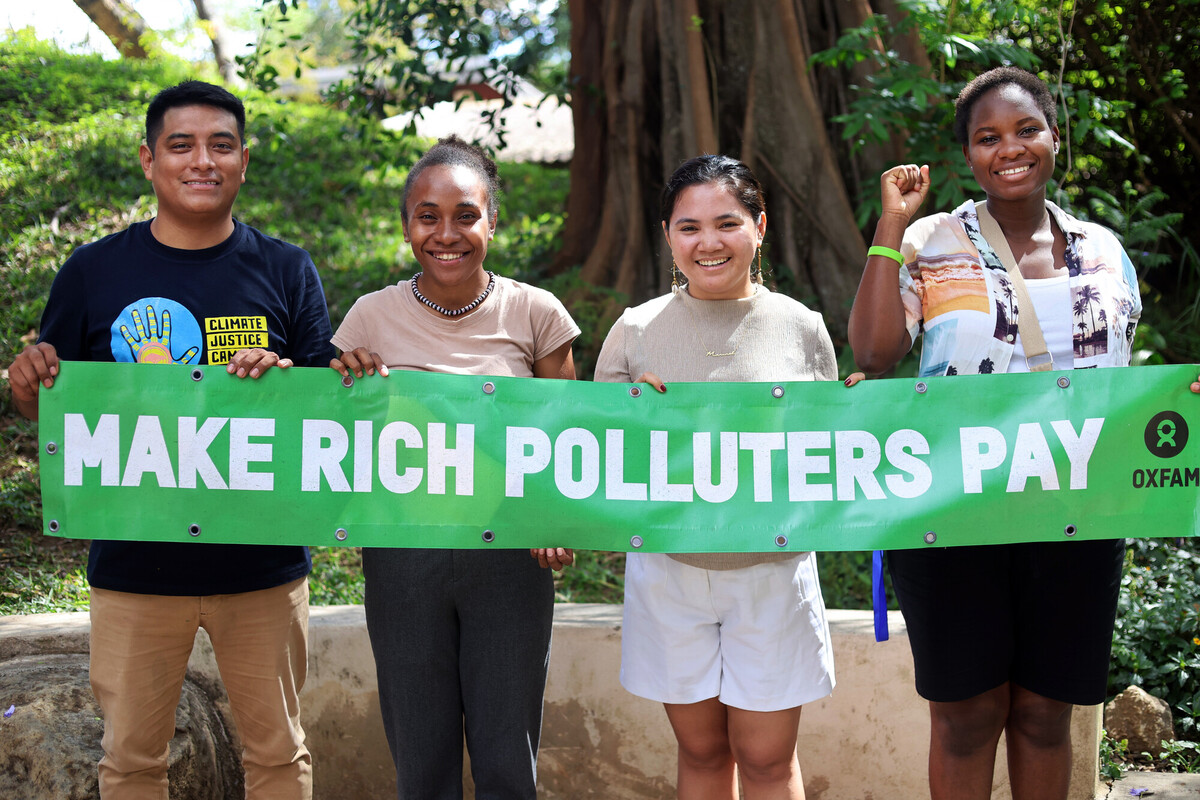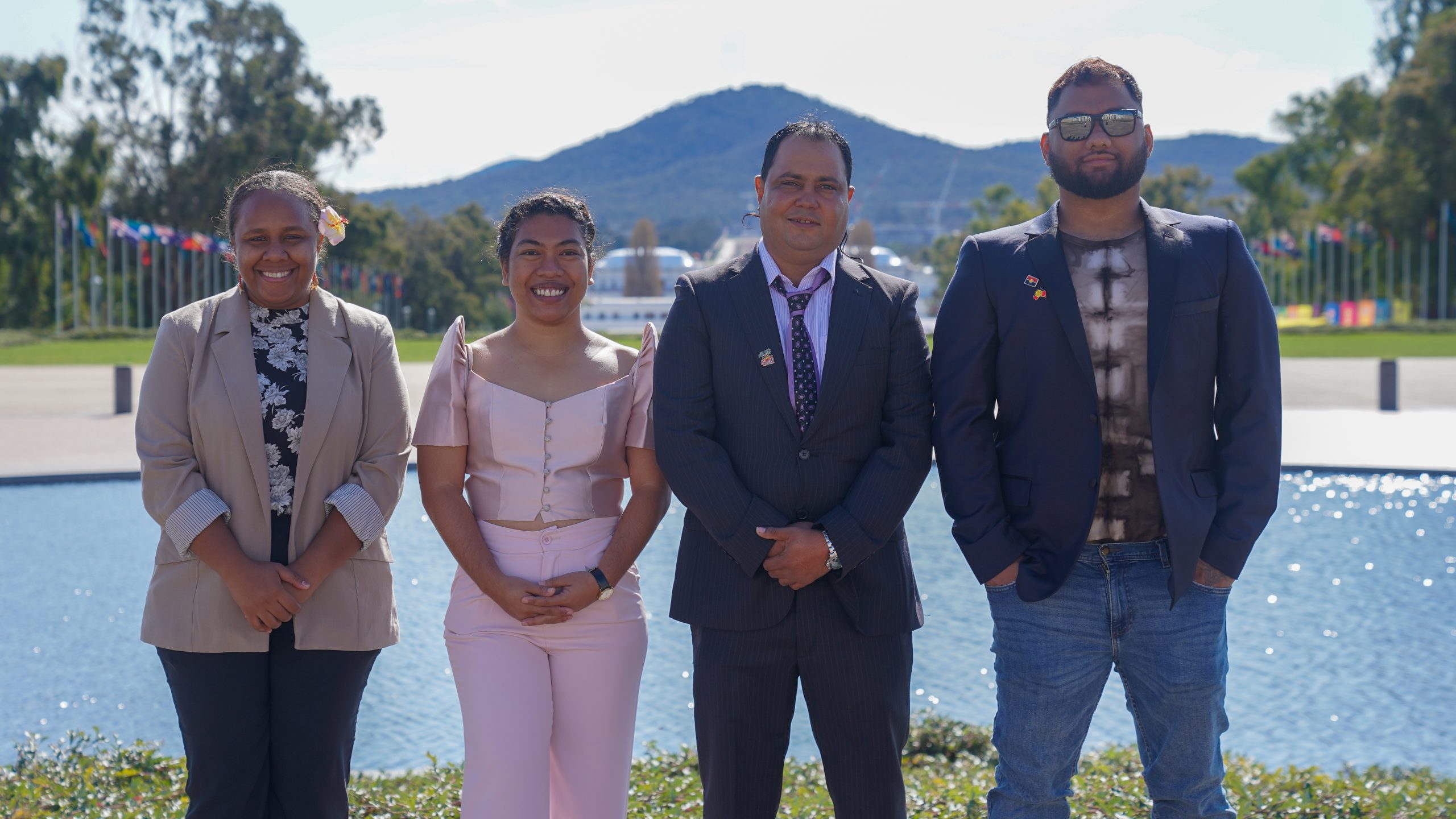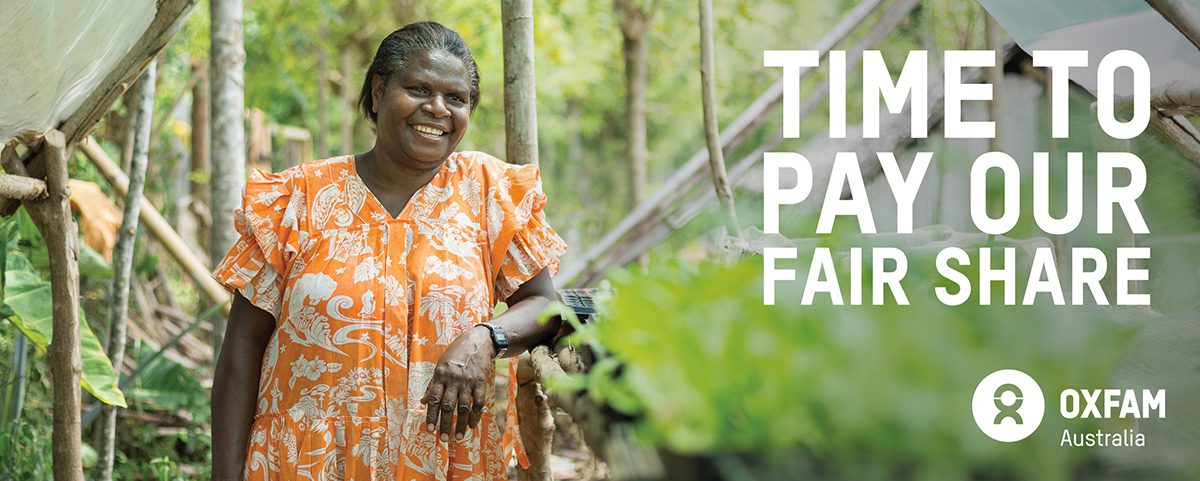Although it doesn’t get a lot of coverage in the Australian papers, the Asian Development Bank held its annual meeting in Delhi last weekend.
Oxfam was there with a powerful team of advocates from India, Australia, the Philippines, Bangladesh and Myanmar. We were there working to get the ADB to think seriously about the important role the organization can play in enhancing food security in the Asia and the Pacific.
Oxfam has a foot in two camps at these meetings. Inside the conference centre we meet with those that have the power to change the ADB’s policies and processes and to determine its priorities. But Oxfam also works with, and supports, representatives of civil society that largely gather outside the main arena.
These people are often representatives or members of what are, somewhat matter-of-factly, referred to as ‘affected communities’. Some of them oppose the ADBs approach to development and its mandate to work in their communities outright. They are often indigenous to the areas where they live and resent interference in their community in the name of development.
Often, they have very important reasons for their opposition to the ADB. A death in their community caused by a construction accident; a river dammed; an environment degraded; or a family relocated as their home makes way for a road or a railway. When the ADB has financed activities that result in these experiences, people can justifiably feel angry toward, and disempowered by, the bank.
The ADB’s vision is an Asia and Pacific free from poverty. Inside the conference centre people are debating how best to achieve this vision. We have our own ideas to add to this discussion and we have the platform from which to share them. We put our views and recommendations – informed by our research and our work with affected communities – to ADB staff, the ADB President and representatives of the governments of the world that are members of the bank.
Our priority this year was food security because, despite the strong economic growth in Asia, more than one in ten people (563 million) still go to bed hungry across the region including the Pacific.
The ADB does not consider food security as a focus area in itself, but it does provide support to agriculture projects. The ADB’s preferred approach is instead to support agricultural development indirectly, through support for infrastructure for rural transport, irrigation and water systems, and microfinance. The Bank also believe that infrastructure led growth will result in poverty reduction and food security. Whether the ADB’s approach is working, is questionable. In high-level meetings and panels, the ADB conceded that they did not have information on whether their approach is resulting in increased food security. Their current monitoring systems are not able to capture this information. Rising inequality across Asia casts a doubt on the effectiveness of the ADB’s approach.
Small-holder farmers, fishers, herders, foresters or landless labourers are integral to addressing food security. They play a critical role in food production globally – the 500 million small farms in developing countries support almost one third of the global population.
We encouraged the ADB to take a close look at whether and how their operations are impacting on food security (positively and/or negatively); and called for stronger protections to prevent the projects from undermining food security. Experience from NGOs at a local level and Oxfam’s experience in supporting affected communities, suggests that many of ADB’s projects can still severely undermine food security.
Oxfam is a big NGO. We have access to powerful institutions and a voice that we can make heard at the highest levels. But our engagement at the ADB AGM provided a clear illustration of why it is important that Oxfam maintaining strong links to those that have to struggle to have their own voices heard.
Jessica Rosien and Reece Kinnane, New Delhi.



